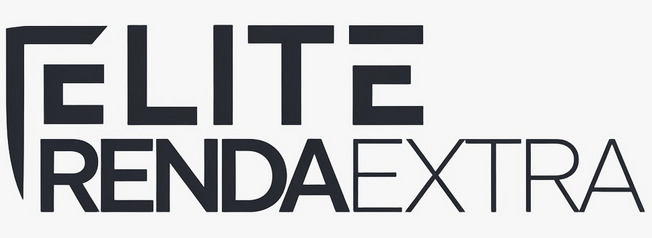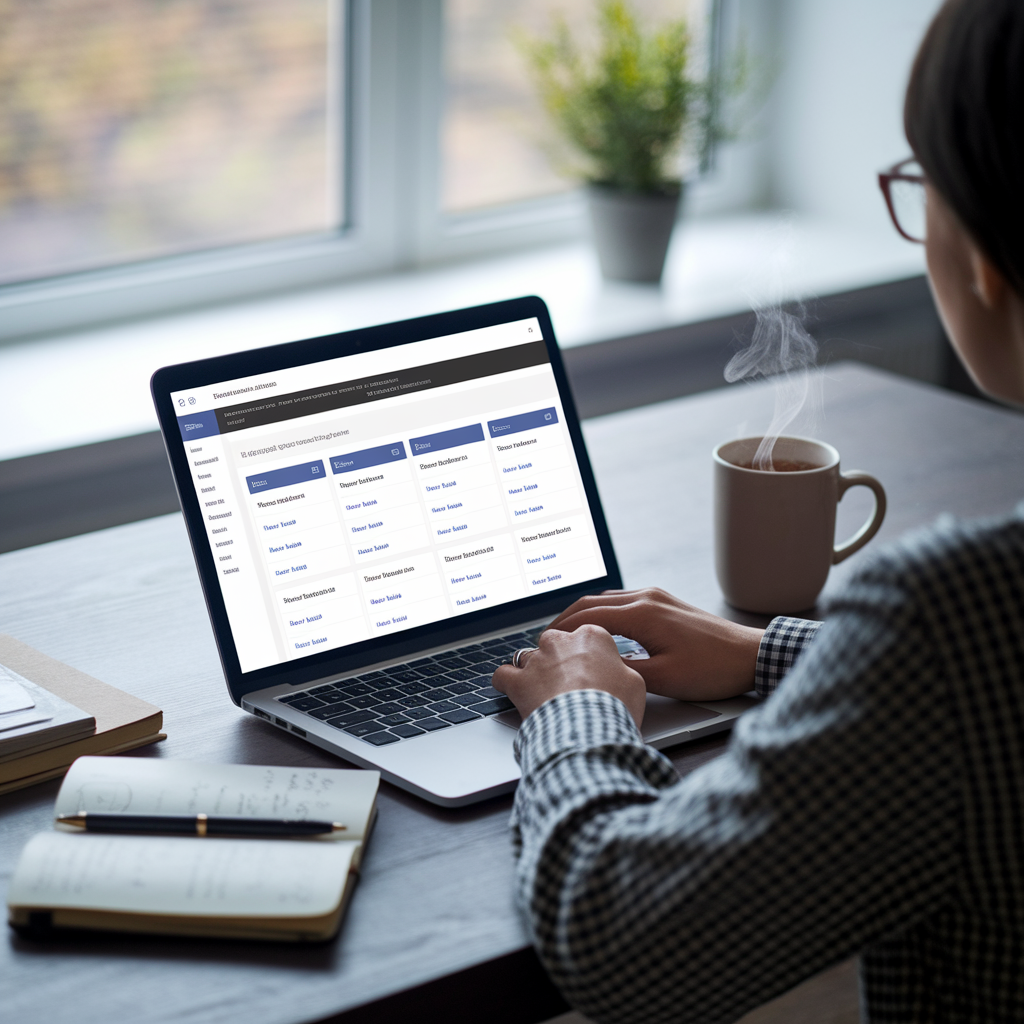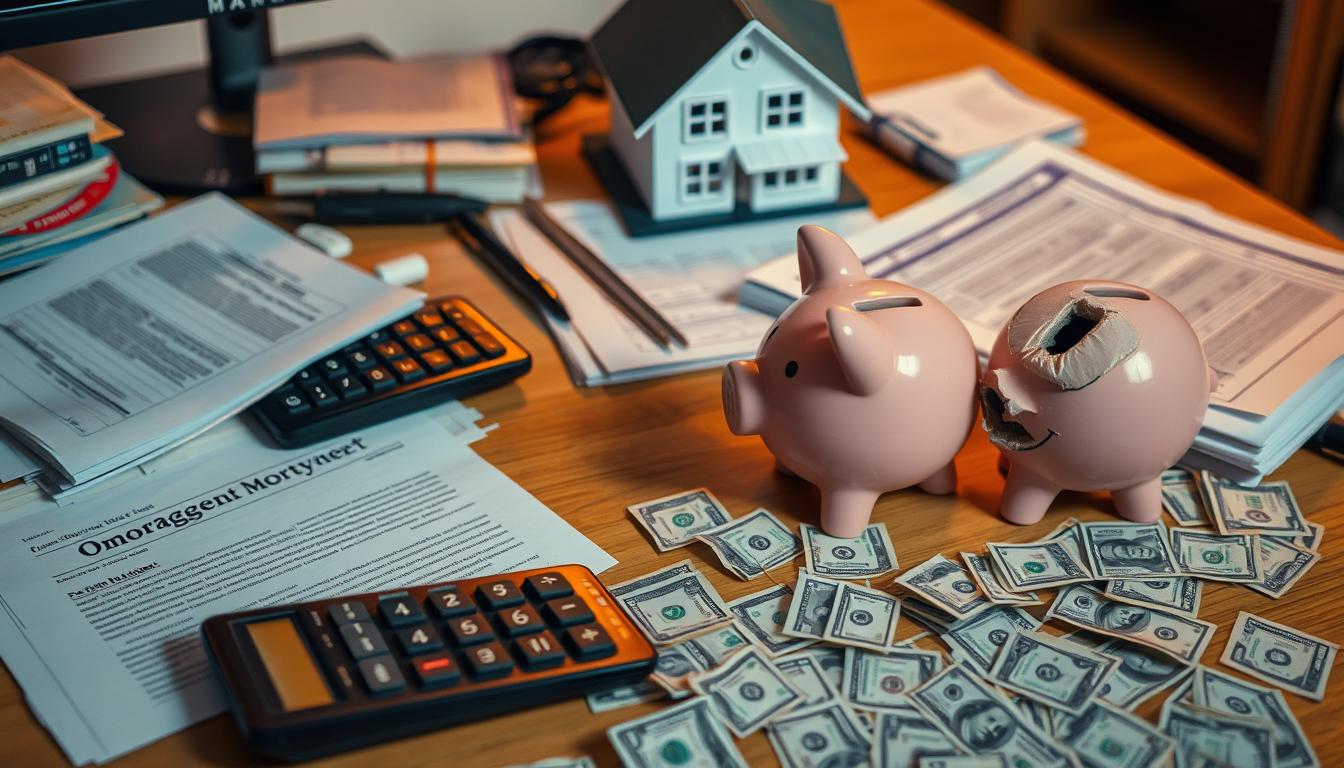Looking for a personal Loan Philippines with fast approval and an easy application? This guide will help you find the right personal loan in the Philippines. It offers key tips to get the best loan for your needs.
If you are new to borrowing or just want to learn more about personal loans, this guide has it all. We cover loan types, how to qualify, how to apply, interest rates, and how to manage your loan. Using information from the Bangko Sentral ng Pilipinas and Philippine financial reports, you’ll make smart choices. Let’s discover how to quickly get a personal loan in the Philippines and enjoy a hassle-free loan process.
Understanding Personal Loans in the Philippines
When you need quick money, personal loans can be very helpful. In the Philippines, knowing how these loans work is important. It helps you make choices that are good for you and get the best loan terms.
What is a Personal Loan?
A personal loan is money you borrow for different needs like debt consolidation, big purchases, or emergencies. These loans don’t need collateral, so your credit score and ability to pay back the loan matter most.
Key Features of Personal Loans
Here are important things to look at with personal loans in the Philippines:
- Loan Amount: The money you can borrow ranges from PHP 20,000 to PHP 2,000,000, depending on who lends it.
- Repayment Terms: You can pay back the loan from 12 to 60 months, which is flexible.
- Interest Rates: Most loans have fixed interest rates. Some have variable rates. Using a personal loan calculator Philippines helps figure out interest and monthly payments.
Types of Personal Loans Available
Different kinds of personal loans are offered by the top personal loan providers in Philippines:
| Type of Loan | Description |
|---|---|
| Secured Loan | A loan that uses something you own, like a car or house, as collateral, often comes with lower interest. |
| Unsecured Loan | This loan doesn’t need collateral but depends on your credit history and how much you earn. |
| Fixed-Rate Loan | Its interest rate stays the same, making your payments the same each month. |
| Variable-Rate Loan | The interest rate can change, which might lower what you pay over time. |
Eligibility Criteria for Personal Loans
To get a personal loan in the Philippines, you must meet certain rules. These rules help you pick and get the best loan deals. It’s a way to find a loan with low interest too.
Age and Residency Requirements
You should be between 21 and 65 years old when the loan ends. Also, living in the Philippines is a must. These rules make sure you are stable and can legally agree to the loan.
Income and Employment Considerations
Having a steady job and income helps you get the loan. You’ll need to show proof like payslips or bank statements. Being at your job for over a year is also preferable. This way, you can find the best loan for your needs.
Credit Score Importance
Your credit score is key for your loan’s approval and conditions. A good score means better loan interest rates. It’s important to check your score and keep good credit habits.
Steps to Apply for a Personal Loan
Applying for a personal loan can seem hard, but it’s easier if you know what to do. Follow a few important steps to make it simple. This guide will help you find the best rates in the Philippines.
Research Lenders and Loan Options
Start by looking at lenders with the best rates in the Philippines. It’s crucial to check out online lenders and their offers. Aim to find ones with low interest and easy repayment plans.
Gather Required Documentation
After picking some lenders, you need to collect some papers. Lenders usually ask for:
- Government-issued IDs
- Proof of income
- Employment certification
- Bank statements
Having these documents ready makes applying smoother. It also shows lenders you’re a good candidate.
Submit Your Application
Now, with your documents in hand, you’re ready to apply. Fill out the application carefully. Check your info and attach the needed documents. Many lenders let you apply online, making it super easy.
By following these steps, you can increase your chances of getting a great loan deal in the Philippines.
Interest Rates and Repayment Terms
It’s vital to understand the details of a personal loan in the Philippines. This part talks about average interest rates, typical repayment times, and what affects loan costs.
Average Interest Rates in the Philippines
The average interest rates for personal loans in the Philippines vary. They depend on the lender, the borrower’s credit score, and the loan size. Rates usually go from 6% to 20% per year. Knowing these rates helps you make smart choices. You can use a personal loan calculator Philippines to figure out likely payments.
Repayment Periods: What to Expect
Personal loans in the Philippines have repayment terms from one to five years. Longer repayment times mean smaller monthly payments. But, you’ll end up paying more interest over the loan’s life. A personal loan calculator Philippines can help decide the best repayment term for your situation.
Factors Influencing Loan Costs
Many things affect the total cost of a personal loan:
- Loan Amount: Big loans might have lower rates but result in more interest over time.
- Repayment Terms: Longer terms lower monthly bills but mean more interest overall.
- Borrower’s Credit History: A good credit score can get you better rates.
- Market Conditions: Interest rates can change with the economy.
Knowing these factors helps you navigate personal loans more effectively.
This information prepares you to tackle personal loans in the Philippines confidently and wisely.
Tips for Managing Your Personal Loan
Managing your personal loan well is key to a good financial path. By using wise finance strategies, you can keep your debt in check. This avoids bad financial effects. Here are top tips to keep your personal loan in the Philippines on the right track.
Budgeting for Loan Repayment
Creating a detailed budget is a top tip for repaying loans. List your monthly costs next to what you earn. Make sure to pay your loan first, then spend on other things. Stick to this budget to keep on top of your payments.
Consequences of Late Payments
Skipping payments can really hurt your financial health. You might face extra fees, higher interest, and a worse credit score. A bad credit score makes future loans harder to get. To dodge these troubles, set reminders or auto-payments for your loan.
When to Consider Refinancing Your Loan
Refinancing could be smart if your loan’s interest rates are too high. It can offer better rates or more time to pay. Yet, check if refinancing costs are worth it. Getting advice from a credit service can help make this choice clear.
FAQ
What is a Personal Loan?
A personal loan is a loan from lenders that doesn’t need collateral. You can use it for things like paying off debt, making your home better, or handling surprise bills.
What are the key features of personal loans?
Personal loans have features like how much you can borrow, how long you have to pay it back, and interest rates. A loan calculator can help figure out your payments. These loans are flexible and may have fixed or changing interest rates.
What types of personal loans are available in the Philippines?
In the Philippines, personal loans can be secured or unsecured, and have fixed or changing rates. Secured loans need something valuable as collateral. Unsecured loans don’t. Fixed-rate loans keep the same interest, but variable-rate loans can change.
What are the eligibility criteria for personal loans in the Philippines?
To get a personal loan in the Philippines, you need to be old enough, live in the Philippines, earn enough money, have a stable job, and a good credit score. This helps you get the best loan rates.
How do I apply for a personal loan online in the Philippines?
For an online personal loan in the Philippines, first, look at different lenders and loans. Get ready with your ID, income proof, and job details. Then apply on the lender’s website for a quick answer.
What are the average interest rates for personal loans in the Philippines?
Interest rates for personal loans in the Philippines change based on the lender, how much you borrow, and your credit. Loan calculators can help you see what your rates might be and find a low-interest loan.
What should I expect regarding repayment periods for personal loans?
Personal loans are usually paid back between one and five years. The exact time depends on what the lender offers and the loan. Always think about what you can afford when choosing how long to repay.
What factors influence the cost of a personal loan?
The cost of a personal loan can change with how much you borrow, how long you take to repay, your credit score, how stable your income is, and the current market. All these affect how affordable the loan is.
How should I budget for loan repayment?
To budget for repaying a loan, keep track of your money coming in and going out. Set aside part of your income just for loan payments. Good budgeting helps you pay on time and keeps your finances steady.
What are the consequences of late personal loan payments?
If you pay your personal loan late, you might face penalties, higher interest rates, and it can hurt your credit score. This can make it harder to get loans in the future and increase your money worries.
When should I consider refinancing my personal loan?
Consider refinancing your personal loan if you find a better rate, need to bring your loans together, or your money situation gets a lot better. Refinancing can lower what you pay each month and the total cost of the loan.


